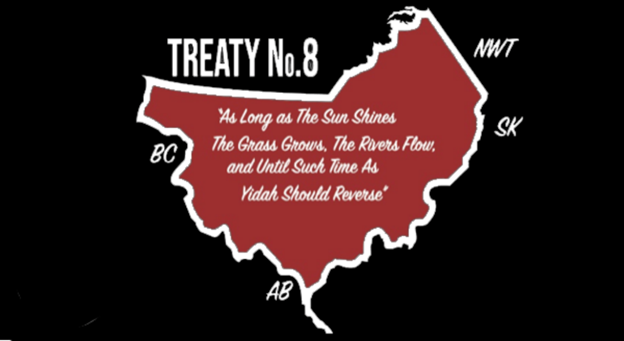British Columbia and the Blueberry River First Nation Reach Agreement

Good news today for everyone but lawyers. And before you say anything — accountants yesterday, lawyers today — yes, we’re coming for all boring professions in 2023.
After years of legal wrangling over something that likely could have been resolved by government just working actively with First Nations, the Government of British Columbia and the Blueberry River First Nation (BRFN) have finally reached a resolution on land and resource development.
What happened: The BRFN and the provincial government reached a historic agreement for joint management of land, water, and resource development in the northeast of the province within Treaty 8 territory.
Background: In 2021, the province’s supreme court found the BC government was in breach of its obligations under Treaty 8, signed in 1899, by allowing decades of industrial development without BFRN’s approval.
- The BRFN’s claim area within Treaty 8 covers 4 percent of the province, nearly 3.8 million hectares — an area larger than Belgium. The First Nation has seen 84 percent of its land subject to industrial disturbance including the Site C hydroelectric dam and oil and gas development.
The path forward: The agreement includes co-management of a $200-million land restoration fund with an ecosystem-based approach to future land use protecting more than 650,000 hectares in BRFN’s most critical areas. The focus will be on promoting sustainable economies and resilient communities while protecting ecosystems and wildlife habitats.
- Included is an annual 750-hectare cap on new land disturbances from oil and gas activity but no cap on production, encouraging companies to do more with less land.
Big picture: The approach to land, water, and resource development in a partnership with Indigenous groups shown by this agreement is an important and precedent-setting step forward on the path to truth and reconciliation in Canada where groups such as the BRFN can meaningfully exercise their Treaty rights.
From an energy perspective, the agreement also lays out a path to regulatory and political stability for industries and investors dependent on the certainty of the land they’re developing.
+Additional Reading: The 94 calls to action by the Truth and Reconciliation Commission of Canada




